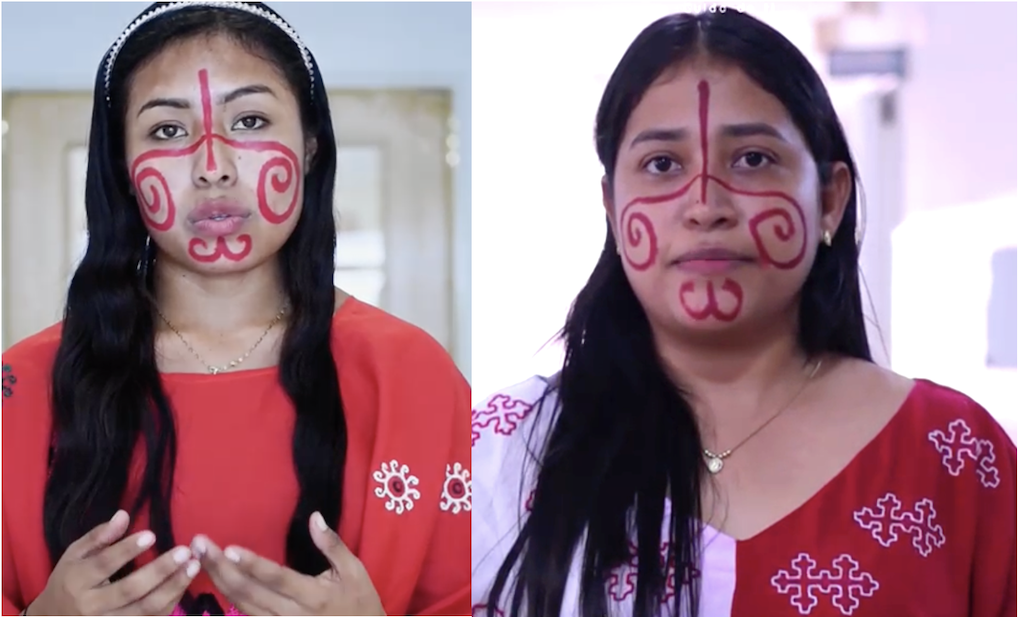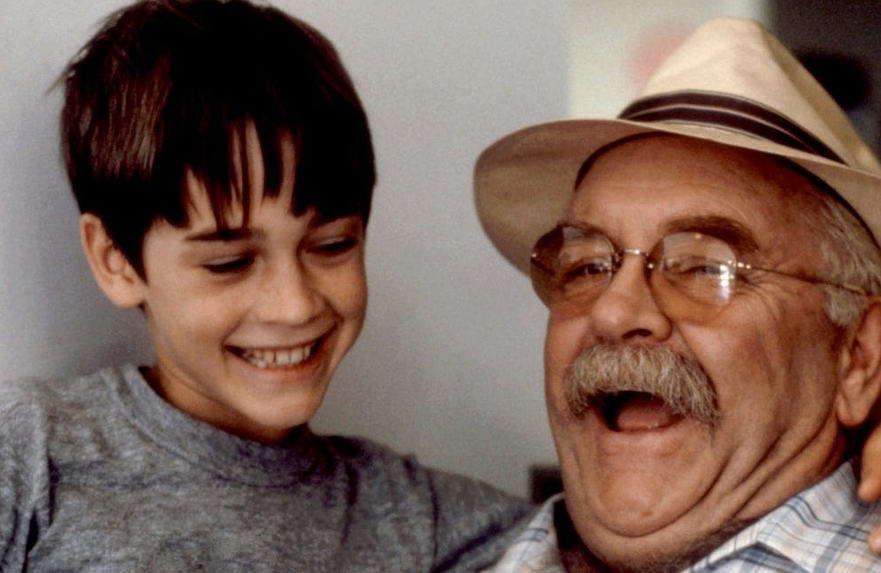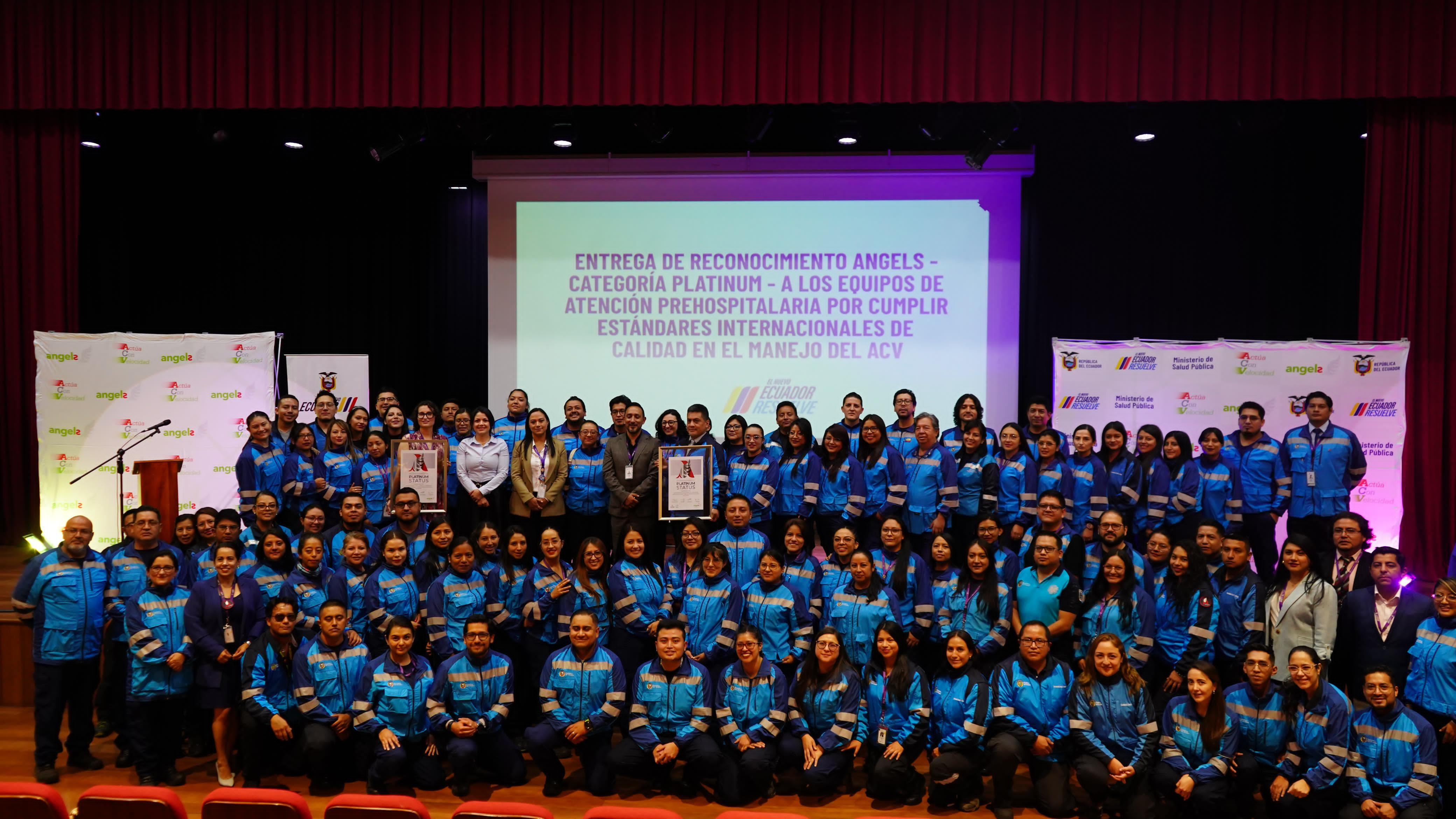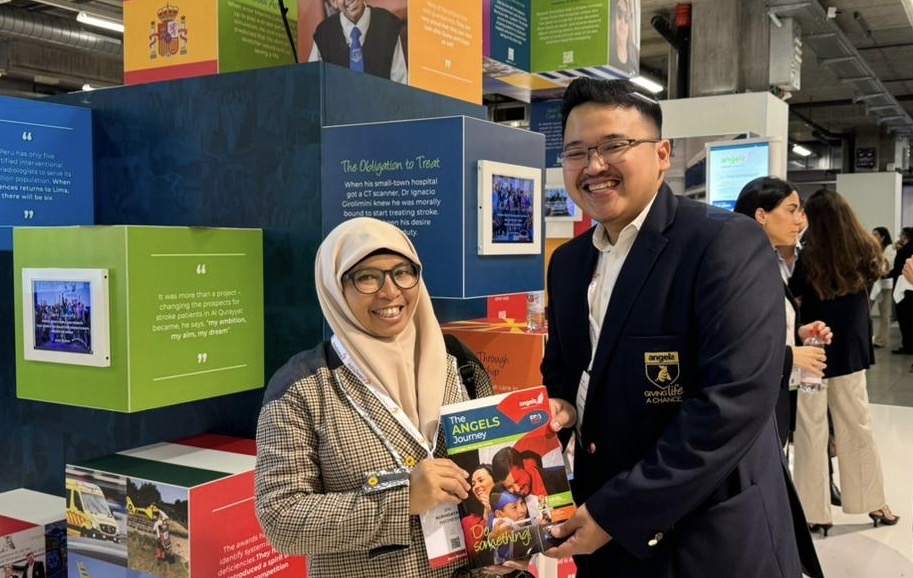
언어와 뇌졸중 간의 연관성은 잘 문서화되어 있습니다. 뇌졸중의 약 3분의 1은 사람들이 뇌에서 언어를 처리하는 방식에 영향을 미치는 언어 장애인 실어증을 초래합니다. 사람들이 언어를 이해하거나 사용하는 능력을 잃으면 좌절감, 혼동 및 고립을 경험합니다.
그러나 이 이야기는 언어와 뇌졸중 간의 다른 연관성을 탐구합니다. 세계 4,000개 이상의 토착 언어 구사자를 위해 질병 정보에 접근하는 데 어려움을 겪고 있습니다. 여기에는 파푸아뉴기니에서 840개 언어로 구사하는 정신력, 인도네시아의 711개 언어, 나이지리아의 517개 언어가 포함됩니다.
이 이야기가 있는 콜롬비아에는 다양한 지역사회가 사용하는 70개 언어가 있으며, 그 중 65개 언어는 원주민입니다. Angels 컨설턴트인 Magda Cueto는 의료 기관의 의료진에게 커뮤니케이션 문제를 제기한다고 말합니다.
문화적 다양성은 귀중한 선생님입니다. 이는 창의력을 자극하고 세상에서 살 수 있는 다양한 방법에 대해 우리에게 가르칠 수 있습니다.
국제 원주민 업무 그룹(IWGIA)은 다음과 같이 명시합니다. “각 원주민 언어는 세계에 대한 단일한 이해를 가지고 있는 우리의 다양성을 고유하게 표현합니다. . . 수천 년 전으로 거슬러 올라가는 이러한 백과사전을 잃게 되면, 우리는 우리 모두를 감축시키는 대체할 수 없는 손실을 겪게 됩니다.”
그러나 Magda는 "공감 형성, 환자와 가족 구성원의 경험 및 감정 이해에 도움이 됨"을 위해 의료 관행에서 효과적인 의사소통이 필요하며, 언어적 다양성은 토착민 정체성을 정의하는 데 중요하지만 포용적이고 효과적인 의료서비스의 장벽이 될 수 있다고 말합니다.
이러한 도전 과제 중 하나는 라과지라에서 남아메리카 최북단에 있는 부서에서 발견하는 것입니다. 카리브해 연안의 숨겨진 보석에서 인구의 거의 45%가 와우 언어(또한 와우우우나이키)를 사용하는 5개의 원주민 그룹으로 구성되어 있습니다.
Wayuunaiki는 남미의 고대 원주민들 사이에서 개발된 아라와칸 언어군에 속합니다. 독특한 특징 중 하나는 10개의 집착이 있다는 것입니다. 즉, 현재-과거, 가까운 미래, 일반적인 미래, 미래의 의도적, 과거의 완벽함, 가까운 과거, 현재의 과거, 과거의 과거, 먼 과거, 빈번한 과거입니다.
콜롬비아 정부의 언어 보존 노력에는가브리엘 가르시아 마르케스(과지로 수도 리오하하하 출신의 조부모)의 소설 중 일부를 와우나이키로 번역하는 것이 포함되었습니다. 또한 학교에서 사용되는 스페인어-와유나이키 사전이 예시되어 있으며, 마이크로소프트는 와우나이키에서 컴퓨터 사전을 시작하여 와우우 원주민들에게 기술의 문을 열었습니다. 또한 지역 사회에 그들의 문화에 관한 문제를 알리기 위한 라디오 서비스와 신문도 있습니다.
마그다는 교육이나 일을 위해 이사한 지역사회의 젊은 구성원들이 스페인어를 구사하는 사람들과 교류할 때 번역가 역할을 한다고 말합니다. “이것은 의사소통이 없을 때 의사소통을 어렵게 만듭니다. 의료계의 과제 중 하나는 이러한 환자들이 지역사회 외부의 의료기관에서 도움을 구할 때 이들을 돌보는 것입니다. 또한 Wayuu 모집단의 대다수가 서면 양식이 아닌 구두로만 와우나이키를 이해한다는 점에 유의할 가치가 있습니다.”
이러한 상황에 직면하여, 이 지역의 두 병원인 마이카오 시의 Maicao Clinic과 리오하차 시의 Renacer Clinic의 직원들은 지역사회가 뇌졸중의 증상과 그들 또는 그들과 가까운 누군가가 이러한 증상을 보인 경우 어떻게 해야 하는지를 식별하도록 가르치기 위해 와우나이키에서 콘텐츠를 개발했습니다.

내용은 약어 “CORRE”(서두르는 것을 의미함)를 중심으로 구성되어 있습니다. 이는 뇌졸중 증상에 대한 보조 수단으로서의 역할을 하며, 동시에 긴급한 의학적 치료를 추구하는 핵심 메시지를 강화합니다. 캠페인을 위해 웨우나이키 커뮤니티의 병원 직원이 등장하는 웨우나이키에 비디오를 녹화했으며, 전통적인 나선형 모양의 얼굴 그림으로 장식했습니다. 이 비디오는 대기실 TV, 소셜 미디어 플랫폼 및 기타 지역 미디어에 표시됩니다. 목표는 생명을 구할 수 있는 메시지로 가능한 한 많은 사람들에게 도달하는 것입니다.
마그다는 이 지역사회에서 뇌졸중 발생률이 알려져 있지 않지만, 인구가 심혈관 위험이 높다고 말합니다. “지리학적 위치로 인해 전통적인 건강 요법을 거의 이용할 수 없다. 전통과 조상 의약품도 중요한 역할을 합니다. 고전적인 서양 의약품의 흡수는 거의 없습니다.”
이 지역의 컨설팅은 2021년에 시작되었습니다. Maicao Clinic은 현재 뇌졸중 치료 센터이며, Renacer Clinic에서는 뇌졸중 서비스가 개발 중입니다.
Magda는 “이러한 기관에서 뇌졸중 코드의 개발이 진행됨에 따라 뇌졸중에 대해 지역사회를 교육해야 할 필요성이 커졌습니다 뇌졸중.”라고 말합니다.
캠페인을 담당하는 팀은 다른 병리와 관련하여 언어 장벽을 극복하기 위한 기존 교육 이니셔티브에서 영감을 얻었다고 그녀는 말합니다.
이 캠페인은 지역사회에서 환영을 받았으며 의료 시설에 대한 대중의 인식에 관심을 불러일으켰지만, 의미 있는 영향을 미치기 위해 지속되어야 하는 이니셔티브라고 Magda는 말합니다.
따라서 뇌졸중 환자 치료에서 의사소통과 다문화주의를 위한 과지로 프로젝트는 가까운 미래, 일반적인 미래, 미래의 의도적일 것으로 기대할 수 있습니다. 뇌졸중




